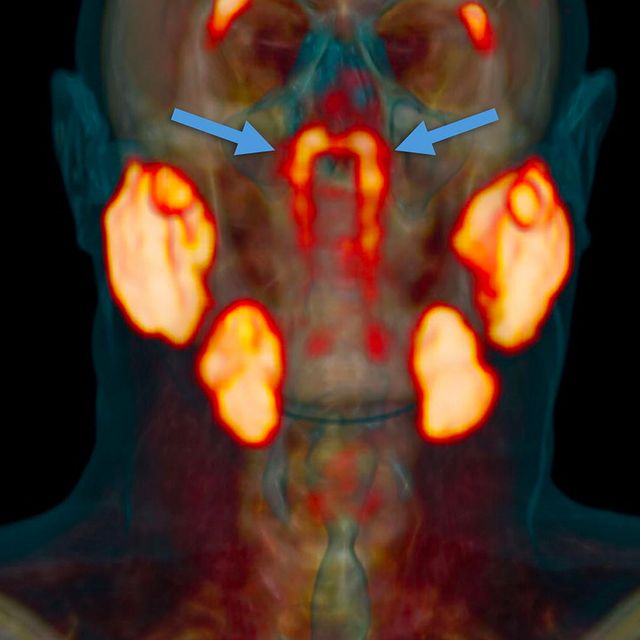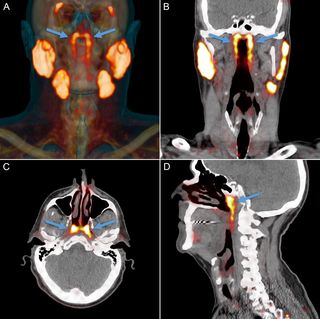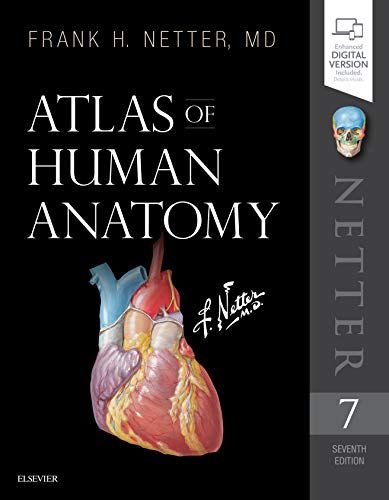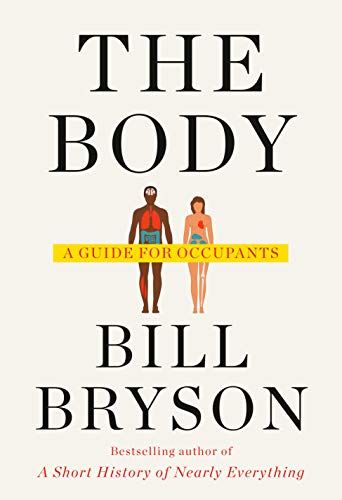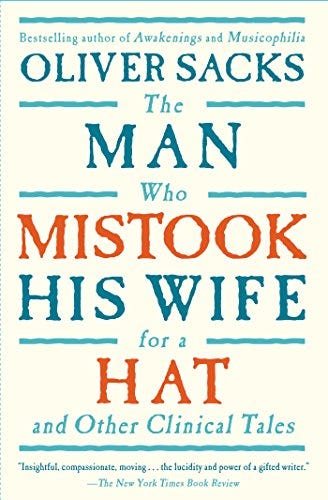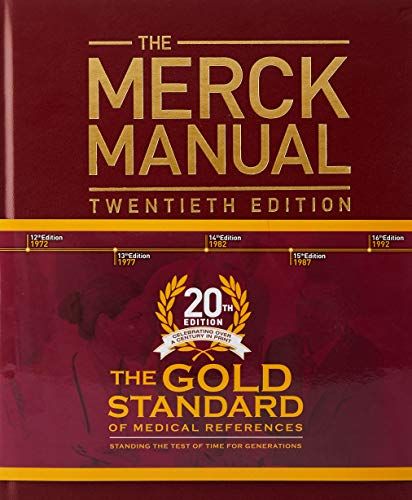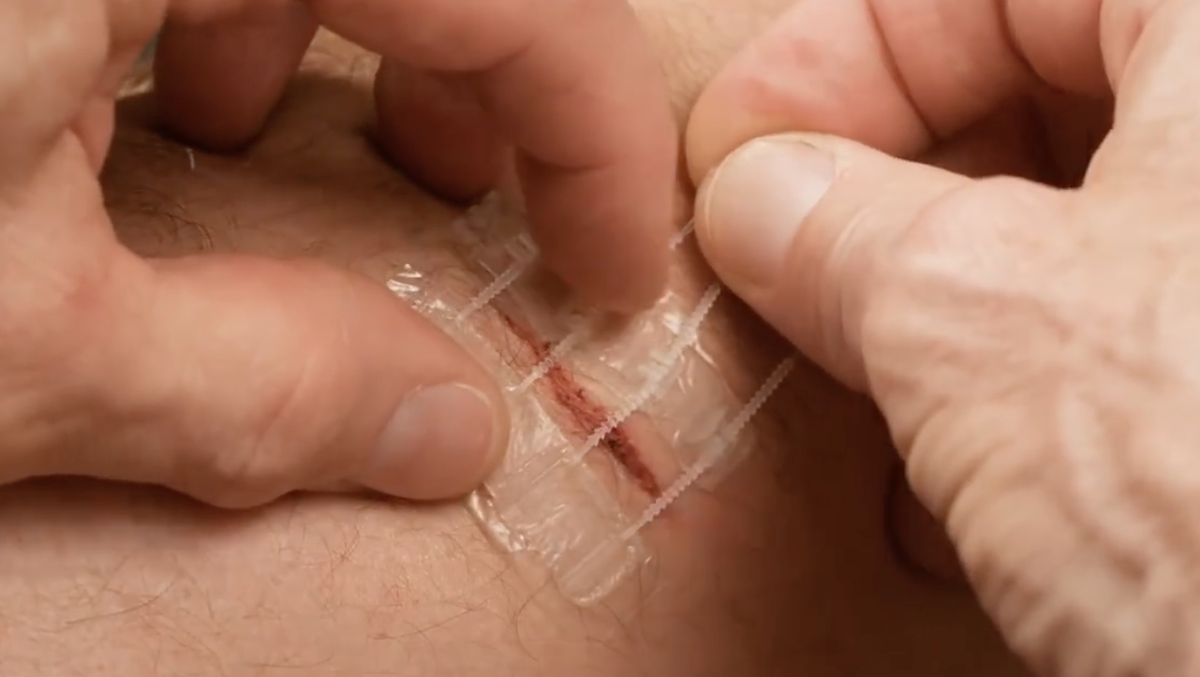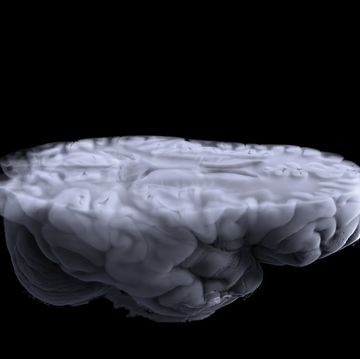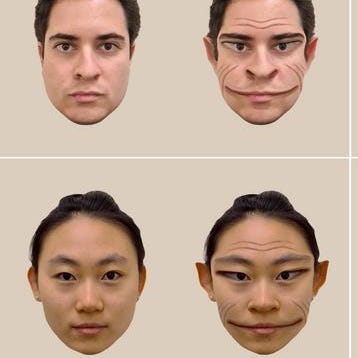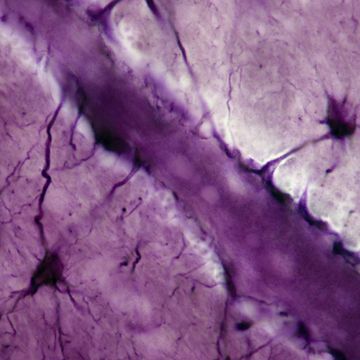- A surprise organ found in hundreds of patients is likely a fourth pair of salivary glands.
- The research has ramifications for cancer patients, because the glands are damaged by radiation.
- The likely gland is found in the back of the throat near where a COVID-19 swab is taken.
Scientists have found a previously undiscovered organ deep inside the human head, where the nasal passages meet the back of the throat. Yes, the news is an extraordinary-sounding surprise, but the researchers say the discovery is likely a fourth pair of salivary glands—not a second brain or transistor radio. If the findings are confirmed, this will be the first discovery of a new human organ in around 300 years.
💀 You love the badass human body. So do we. Let's nerd out over it together.
Keen-eyed viewers may recognize that specific location as the major place where COVID-19 swabs are taken, but the new study from the Netherlands came from a different angle, so to speak. While studying patient scans, the scientists identified the almost-hidden fourth salivary glands as the cause of a rough side effect from radiology treatment of cancers. They explain:
“[W]e observed that PSMA PET/CT also depicted an unknown structure in the nasopharynx, similar to the known major salivary glands. To our knowledge, this structure did not fit prior anatomical descriptions. This could have clinical relevance in oncology, because high-dose radiotherapy (RT) to salivary glands during treatment for head and neck cancer (HNC) or brain metastasis is known to cause damage.”
They found the same structure in enough of their hundreds of scan samples to extrapolate that people, in general, possess it. And the consequences of zapping it with radiation are pretty dire:
“This can result in function loss with xerostomia and dysphagia. Affected patients experience impaired food intake, digestion, speech problems and increased risk of caries and oral infections, with significant impact on their quality of life. The major salivary glands are therefore regarded as organs-at-risk (OAR) and need to be spared when possible.”
What does this mean? Well, xerostomia is dry mouth, from xero (dry) and stoma (mouth). Dysphagia is the inability (dys) to swallow (phage). These are major side effects for patients who are already experiencing others like appetite suppression and nausea, and if the solution is as simple as shielding this area during radiology, the quality of life improvement is clear.
“Doctors take numerous precautions to avoid damaging the glands when administering radiation therapy, which can, with a single misdirected zap, permanently compromise the delicate tissues,” the New York Times reports.
How did scientists never see this? Well, what’s inside our heads is still, to a degree, pretty mysterious. It’s hard to monitor what happens in a mass of tissue that all looks pretty similar. But in this case, the nature of ducts gave scientists a way in—they noticed that a very small area identified in cadavers had a structure that showed passthrough of fluids. Think about a wide stretch of desert compared with an ant farm. Both are sandy, but just one has identifiable tunnels.
“The logical next step seems to be optimization of radiotherapy fields to the tubarial glands as new OARs,” the researchers conclude—so, taking steps to prevent the drymouth and swallowing problems. That, they say, could leave patients far more comfortable.

Caroline Delbert is a writer, avid reader, and contributing editor at Pop Mech. She's also an enthusiast of just about everything. Her favorite topics include nuclear energy, cosmology, math of everyday things, and the philosophy of it all.
